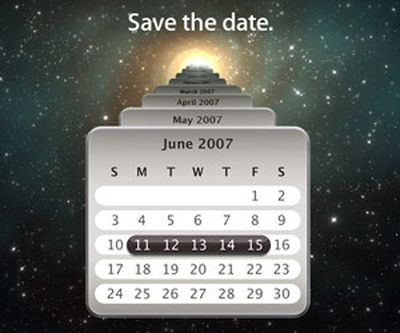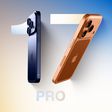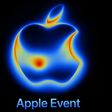In a recent interview with Wired, Greg Canessa, the ex-General Manager of XBox Live Arcade, and now Vice President of video game platforms at PopCap games indicates that his role at PopCap will be to help proliferate their games onto multiple platforms, including the Apple TV.
Its a broad in scope role. It encompasses everything from vision and strategy to execution and marketing. It will all be part of my group and charter. Business development will be part of that as well. It will be about taking the stable of franchises and games out of PopCap's studio and adapting, customizing it for different platforms -- adding multiplayer, new play modes, HD, customizing the user interface and display for Zune, ipod, Apple TV, Nintendo DS, PSP.
Currently, Apple specifically states that games designed for the iPod will not play on the Apple TV. However, the apparent slip-up is reminiscent of previous claims by analyst Jesse Tortora that Apple will begin to compete in the video game console market to counter pressure from Microsoft, Sony, and Nintendo to dominate the living room.













